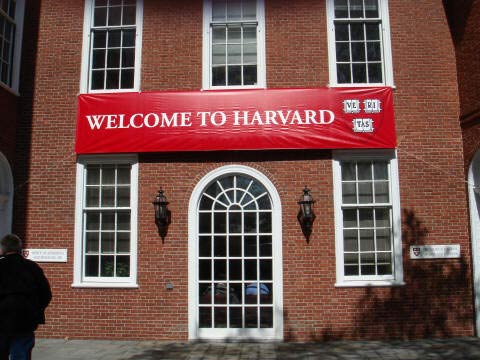Harvard University has imposed an effective travel ban on Ebola-striken countries, requiring students, faculty, and staff to obtain official permission from the university administration before traveling to affected parts of West Africa, and possibly staying off campus for 21 days after returning to the U.S. from those countries.
The severe restrictions at Harvard, reported early Monday by the Harvard Crimson, “expand on those detailed in August that asked for Harvard students, faculty, and staff to avoid nonessential travel to the three countries.” The new restrictions also exceed any guidelines imposed by the U.S. government.
The new policy comes in the wake of a scare at rival Yale University, where a student returning to campus reported Ebola-like symptoms, but tested negative for the disease. Arguments against a complete travel ban include that it would not be effective, that it would be costly, and that it would destabilize the affected countries.
Several public health experts from Harvard have opposed travel bans as a matter of policy, including epidemiologist John Brownstein and former School of Public Health dean Barry R. Bloom, who reportedly said that “he couldn’t think of any reason why the U.S. would benefit from a travel ban.”

COMMENTS
Please let us know if you're having issues with commenting.